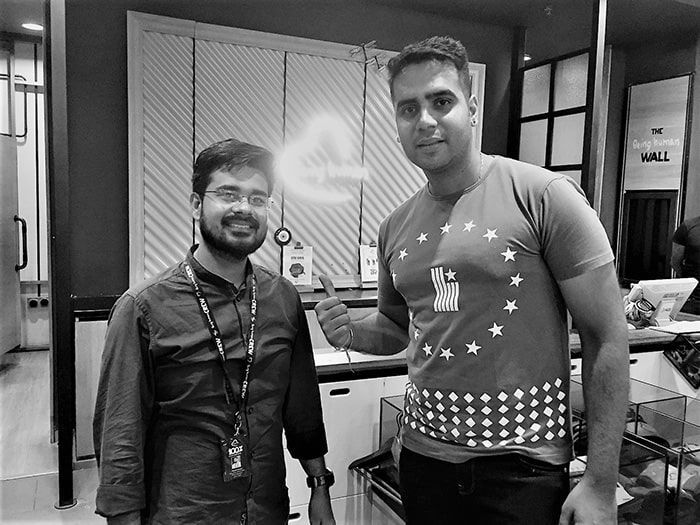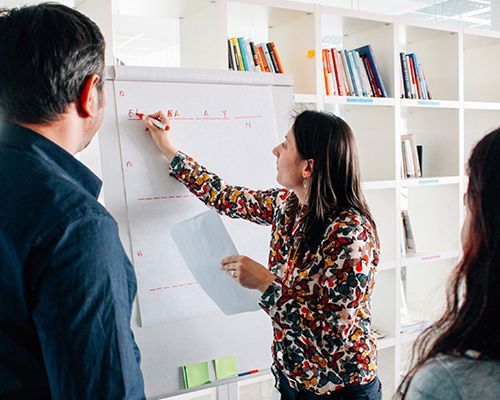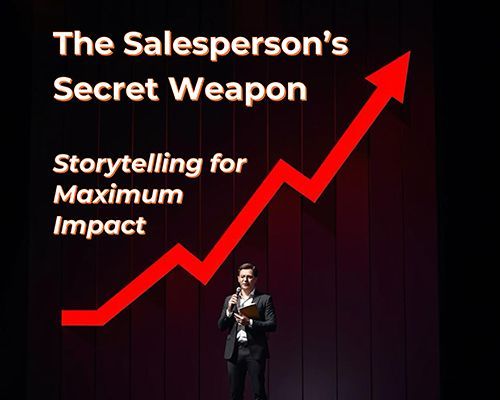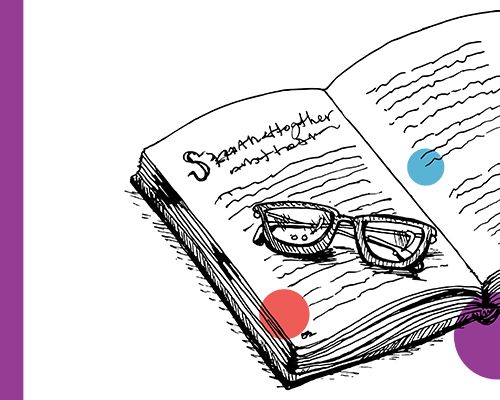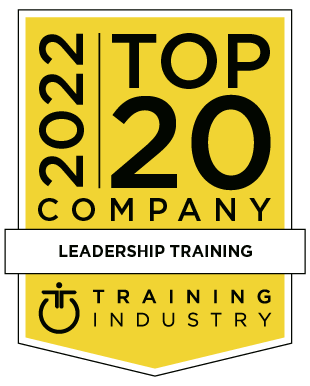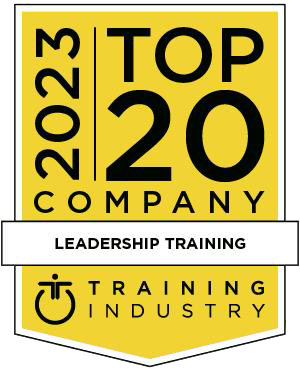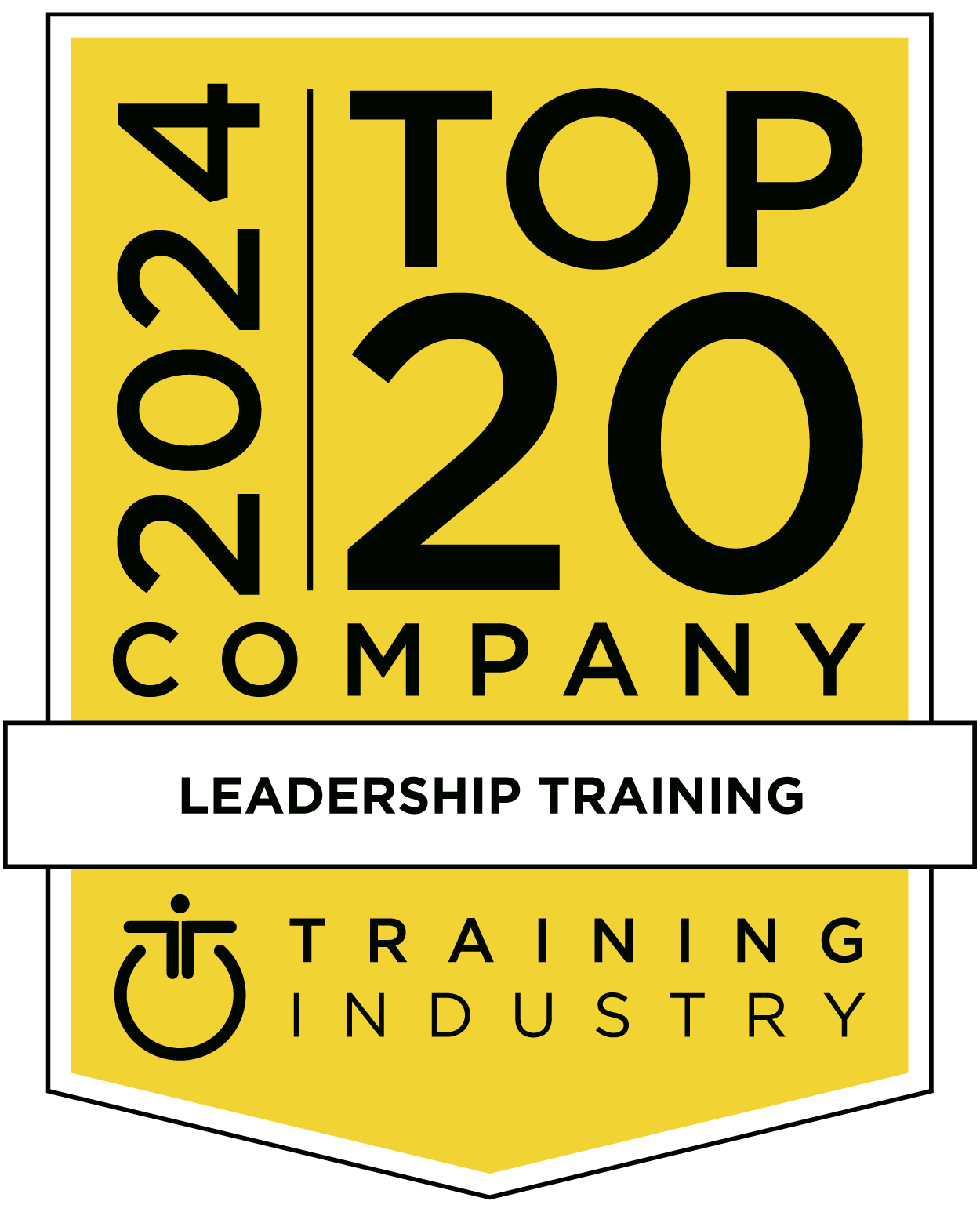This is a subtitle for your new post
It’s April 1995 and I am participating in a wine appreciation course conducted by Len Evans. Len is famous and a highly regarded winemaker – well known, high profile, and often on TV.
The evening is most engaging and thought provoking. As the win tasting moves along, there is a moment when Len gets the dozen or so people there laughing with his “capacity theory.”
What is Capacity Theory?
The theory can be summed up like this: He tells us he opens and drinks one bottle of wine every day. This equates to 365 bottles a year. He is 65 at the time and tells us his estimated his life expectancy to be another ten years from that night as most of the male ancestors in his family had died at 75. This means that he has capacity for only drinking another 3650 bottles of great wine in his life. There is much laughter at this point. And he goes on to explain that if he opens a bottle that is not great, he has compromised his life as his capacity is reduced by one and it is not recoverable! This appeals to the self-deprecating sense of humour of Aussies, and it got me thinking.
Len’s ‘capacity theory’ has remained with me since that night. Fast forward almost two decades later and I am participating in an Ariel Group Personal Presence workshop in Sydney. I am learning all about “Being Present” and the importance of this in high stakes meetings. At Ariel, we say,
being present is being totally in the moment, undistracted from anything past or future, sharp as a razor, and alive to everything around you.
As I learn how to do this, Len’s Capacity Theory enters my mind once again.
Let me explain why.
Applying Capacity Theory to Business
Part of my role is to attend many client meetings, I calculated that on average I would attend about one high-stakes client meetings every fortnight. By high-stakes I mean those critical make-or-break meetings, usually with CXO’s — the ones that lead to somewhere profitable or out the door. Typically over the course of the year, with an average of 48 working weeks, I would attend only 24 such meetings. That is my capacity. And if I am not fully present at every meeting, i.e., “not totally in the moment, distracted by thinking about the past or future or what to say next, and closed off to the signals happening around me,” then I have wasted my capacity. In Len Evan’s terms, I have opened a ‘dud’ bottle of wine. I can’t really go back as the time is irrecoverable.
This ‘capacity theory’ has many applications and I’ve since adopted it as a universal model for high performance. Here are some examples:
- Leaders hold monthly management team meetings. This equates to a capacity limit of just 12 meetings a year that this leader has to be fully present with his or her team so they can work together to steer the organization through stormy weather.
- Technical experts make presentations to important stakeholders to get their idea heard and adopted. This is a once only chance and the technical expert has a capacity of just one such meeting. If he or she doesn’t get understood, then the opportunity has vanished.
- An applicant is on the final interview with the decision maker for a dream job she really wants. If she is unable to present her best self, it’s unlikely the job will be offered to her. She has a capacity of just one.
Capacity Theory also applies in our personal lives. How many more Christmas gatherings do you have with the entire family? How many family holidays do you have left? Perhaps only a few and you have to make every one special and not a dud.
In your business life, every day you are placed into high stakes situations such as:
- A job interview for that role you have always aspired to.
- An important meeting with a senior leader in your organisation, maybe the CEO.
- Delivering a critical presentation to get funding for a new project.
- Significant negotiation with a skilled negotiator who seems to be holding all the cards.
- Meeting that customer for the very first time in a make or break interaction.
- Participating in a meeting and getting your voice heard and your message listened to.
- Situations where you have no authority and have to rely on your ability to influence those around you.
There are many more.
What can you learn from capacity theory?
Ask yourself this question:
How important is it to be fully present in these very limited high stakes situations – totally in the moment, undistracted from anything past or future, sharp as a razor, and alive to everything around you?You don’t have the capacity for such opportunities to turn into ‘duds.’ You have to make every one count.
The really good news is that you can develop the skill of ‘Being Present’. Just ask us at the Ariel Group Australia.
PS – I will leave you with this bit of trivia: Len Evans died in 2006, 11 years after the night I attended his wine appreciation class. He was 76. He was only a year off about his wine capacity theory so he was able to cherish an extra few bottles.
Read More Blogs


